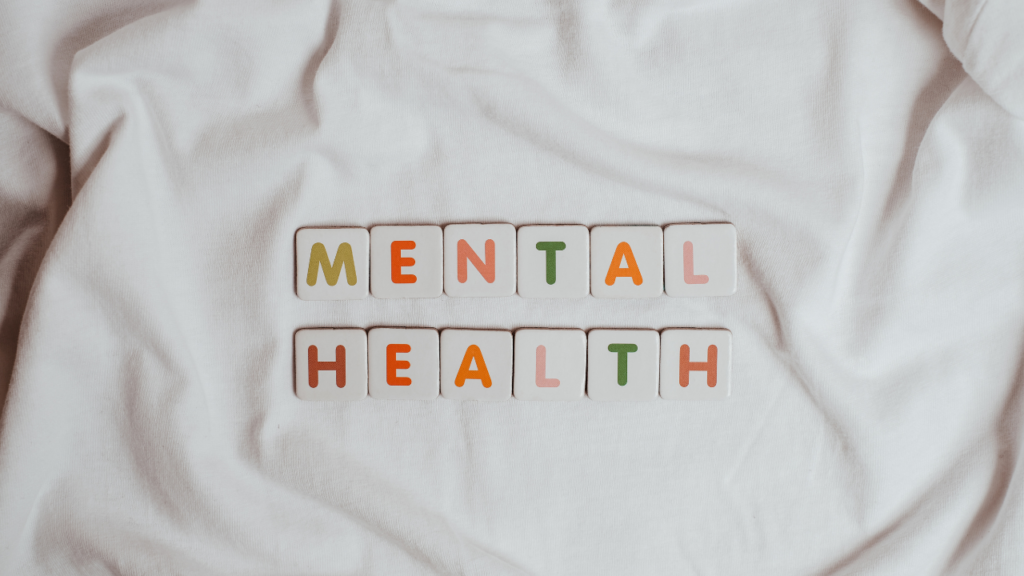
In recent years, there has been a growing recognition of the need to address and reform the stigmas surrounding addiction and mental health issues. Yet, despite advances in understanding and empathy, social stigma continues to hinder effective treatment, recovery, and overall well-being for countless individuals. To break these chains, a concerted effort is required from all sectors of society, including healthcare, media, and community organizations.
First and foremost, it’s crucial to recognize that addiction and mental health disorders are not moral failings or personal shortcomings but medical conditions that require compassion and appropriate treatment. The persistence of outdated stereotypes often portrays individuals struggling with these issues as weak, unmotivated, or even dangerous. Such misconceptions not only undermine the dignity of those affected but also create significant barriers to seeking help. To counteract this, we need to foster a more nuanced understanding that emphasizes the biological, psychological, and environmental factors contributing to these conditions.
Educational initiatives are a key component in shifting societal perceptions. Schools, workplaces, and community groups can play a pivotal role in providing accurate information about mental health and addiction. By incorporating comprehensive mental health education into curriculums and professional training, we can equip individuals with a better understanding of these conditions and reduce the prevalence of harmful stereotypes. This education should also focus on the efficacy of various treatment options and the importance of early intervention, which can significantly improve outcomes for those affected.
The media also has a substantial impact on how addiction and mental health issues are perceived. Often, media portrayals can be sensationalized or stigmatizing, which reinforces negative stereotypes and perpetuates misinformation. To combat this, there is a growing call for responsible journalism that portrays mental health and addiction with accuracy and sensitivity. This includes featuring stories of recovery and resilience rather than focusing solely on the more dramatic or negative aspects. Positive media representation can help normalize these issues and promote a more supportive and informed public perspective.
Community support plays an essential role in reducing stigma as well. Local organizations and support groups can create safe spaces for individuals to share their experiences and seek help without fear of judgment. Initiatives like public awareness campaigns, peer support networks, and advocacy efforts can help challenge and change societal attitudes. Communities that embrace these efforts not only support those directly affected but also contribute to a broader cultural shift towards acceptance and understanding.
Policy changes are another crucial element in addressing stigma. Advocating for mental health and addiction to be treated with the same respect and consideration as physical health conditions can lead to more equitable access to treatment and resources. This includes ensuring that insurance coverage for mental health and addiction services is comprehensive and that mental health parity laws are enforced. Furthermore, implementing workplace policies that support mental health and provide accommodations for those in need can help reduce stigma in professional settings.
In conclusion, breaking the chains of stigma surrounding addiction and mental health requires a multifaceted approach that involves education, responsible media representation, community support, and policy reform. By working together to foster a culture of understanding and empathy, we can create an environment where individuals feel empowered to seek help and where recovery is seen as a path to strength rather than a sign of weakness. It is only through these collective efforts that we can hope to dismantle the barriers of stigma and pave the way for a more compassionate and inclusive society.